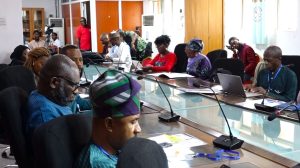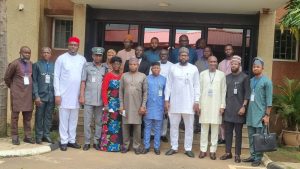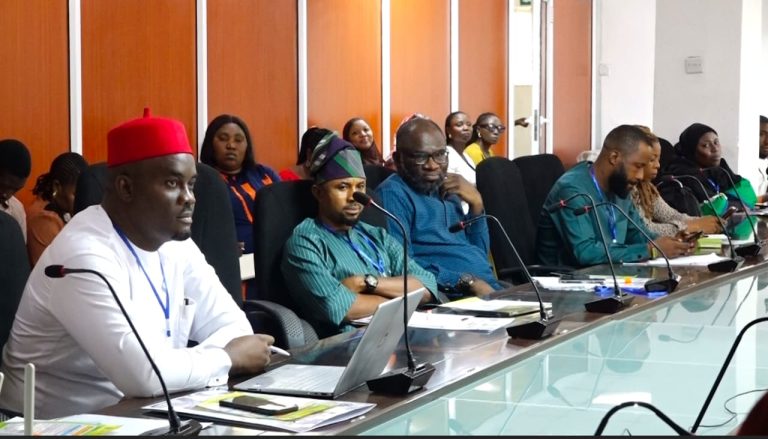By Jessica Dogo
The Energy Commission of Nigeria (ECN) and the Standardization Organization of Nigeria (SON), in collaboration with the United Nations Environment Programme (UNEP), have revised the Minimum Energy Performance Standards (MEPS) for air conditioning in Nigeria.
The review, facilitated by the Clean Cooling Collaborative (CCC), was undertaken at a technical committee meeting in Abuja on Wednesday.
The News Agency of Nigeria (NAN) reports that the start of this review process was marked by a successful stakeholder workshop on May 15.
ECN Director General Dr. Mustapha Abdullahi said the organizations had been working diligently and collaboratively to improve energy efficiency and promote climate-friendly cooling solutions.
Abdullahi said this would contribute significantly to Nigeria’s climate goals and access to sustainable energy.
According to him, a crucial component of the project is to increase energy efficiency and climate-friendly cooling as part of Nigeria’s nationally determined contribution review.
“These organisations have been working diligently on this project.
“Our collective efforts are aimed at improving energy efficiency and promoting climate-friendly cooling solutions, thereby contributing significantly to Nigeria’s climate goals and access to sustainable energy.”

“A crucial component of the project is to increase energy efficiency and climate-friendly cooling as part of Nigeria’s nationally determined contribution review,” he said.
He urged the committee to approach its deliberations with utmost care, experience and spirit of cooperation, adding that this will not only influence national standards but also contribute to Nigeria’s overall commitment to combating climate change.

Earlier, the Director General of SON, Dr. Ifeanyi Okeke, said the review was not just about meeting the needs of today but also anticipating and preparing for the future to enable Nigeria to participate in continental and global trade.
Okeke, represented by Olalekan Omoniyi, Deputy Director, Standards Development, said setting appropriate energy standards would contribute to global efforts to combat climate change.
According to him, it will also enhance Nigeria’s reputation as a leader in sustainable energy solutions and potentially attract more investments and international partnerships.
“By setting appropriate standards for energy efficiency, we are not only contributing to the global fight against climate change.
“It will also enhance Nigeria’s reputation as one of the leading countries in sustainable energy solutions and potentially attract more international investments and partnerships,” he said.
Chairman of the committee, Nelson Chukwu, said one of the objectives of the meeting was to thoroughly review and audit the projects.
Chukwu said the committee must pay attention to details and ensure the standard is robust, science-based and adapted to scientific needs and environmental conditions.
He added that the committee should set a benchmark to push the industry toward greater efficiency while maintaining a balance between performance and cost-effectiveness.
“In our deliberations, let us keep in mind that energy efficiency is not just a technical requirement,” he said.




